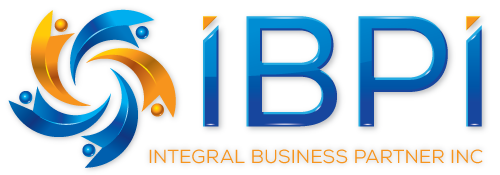The assessment phase of recruitment is critical for determining a candidate’s suitability for a role. Traditionally reliant on resumes, interviews, and sometimes instinct, this process is ripe for enhancement through technology. Artificial Intelligence (AI) is revolutionizing candidate assessment, offering tools that can more accurately predict a candidate’s success in a role and streamline the selection process for recruiters.
Objective Evaluation at Scale
AI technologies can evaluate candidates objectively and consistently, removing the unconscious bias that can affect human judgments. By analyzing data points across a candidate’s application materials and test results, AI can assess skills, competencies, and even cultural fit with a level of precision and fairness that manual processes struggle to match. This objective evaluation is particularly beneficial in early recruitment stages, where the volume of applicants can overwhelm traditional assessment methods.
Predictive Analytics and Performance Forecasting
AI leverages predictive analytics to forecast a candidate’s potential performance in a specific role. By examining historical data on employee success and turnover, AI models can identify patterns and predictors of job success that are not immediately obvious. These insights enable recruiters to make more informed decisions, focusing on candidates most likely to excel and remain in their positions long-term.
Enhanced Skills and Personality Assessments
Beyond evaluating resumes and professional experiences, AI-driven tools are innovating in the realms of skills and personality assessments. For example, gamified assessments and video interviews analyzed by AI can measure a candidate’s problem-solving abilities, adaptability, and even interpersonal skills in ways traditional assessments cannot. These methods not only provide deeper insights into a candidate’s capabilities but also improve the candidate experience by engaging them in unique and interactive ways.
Continuous Learning for Better Matches
AI systems are designed to learn and improve over time. As more data becomes available from completed assessments and employee outcomes, AI models refine their criteria and predictions, making them increasingly accurate in identifying the best candidates. This continuous improvement loop means that the role of AI in candidate assessment will only grow stronger and more sophisticated, benefiting both employers and job seekers.
Challenges in Implementation
While the benefits of AI in candidate assessment are significant, challenges remain. Ensuring the transparency and fairness of AI assessments, particularly in avoiding built-in biases and respecting privacy, is critical. Recruiters must also balance AI insights with human judgment, remembering that AI is a tool to aid decision-making, not replace it.
The Future of Candidate Assessment
As AI technology evolves, its potential to transform candidate assessment further is vast. From more nuanced understanding of candidate potential to real-time feedback loops that enhance learning and development, AI could redefine recruitment standards. However, the success of these advancements will depend on their ethical and thoughtful implementation, with a focus on enhancing rather than replacing human interactions.
Conclusion
AI’s role in candidate assessment marks a significant shift towards more data-driven, objective, and efficient recruitment processes. By harnessing the power of AI, recruiters can not only improve the quality of their hires but also offer a more engaging and equitable assessment experience for candidates. As AI continues to evolve, its potential to redefine recruitment practices offers exciting possibilities for the future of talent acquisition.

